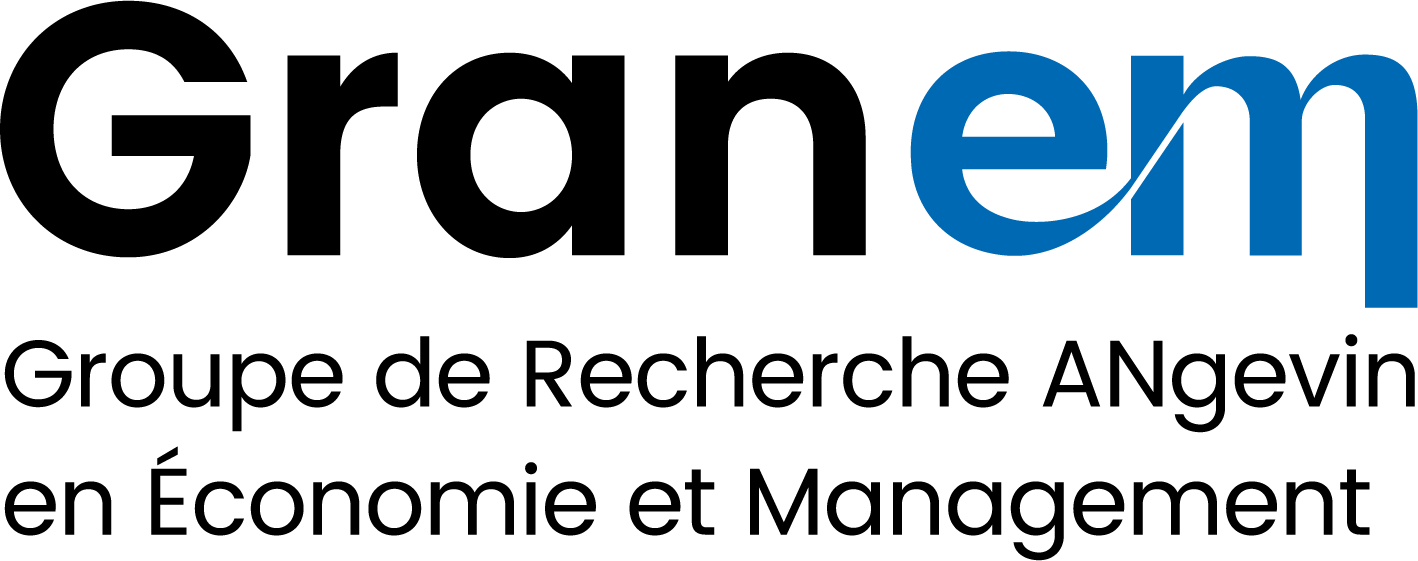Combining Managerial Innovation and Artificial Intelligence to Predict Unpaid Patient Bills and Reduce Their Incidence
Combiner l'innovation managériale et l'intelligence artificielle pour prédire les factures patients impayées et réduire leur incidence
Résumé
Managerial Innovation (MI), which involves adopting new management practices or methods essential for enhancing organizational performance, faces limitations, particularly in reducing the number of patients who do not pay their bills. This paper aims to address this issue by developing an Artificial Intelligence (AI) model that predicts early which patients are likely to default on their payments. By doing so, stronger MI strategies can be applied specifically to these patients, thereby avoiding the adverse impact on those expected to fulfill their financial obligations.
In this study, data from two patient groups were used: 683 patients from internal admissions and 753 patients from urgent admissions. The "KNeighborsClassifier" machine learning algorithm was trained and tested 10,000 times on each dataset, each time with 90% of the data randomly selected for training and the remaining 10% for evaluation.
By leveraging these AI predictions, it is possible to implement more focused MI procedures: applied to only 18 out of 100 internal patients, reducing the number of unpaid patients from 10 to 5; and applied to only 10 out of 100 urgent patients, reducing the number of unpaid patients from 6 to 5. Using a larger patient dataset could further enhance these results.
| Origine | Fichiers éditeurs autorisés sur une archive ouverte |
|---|



